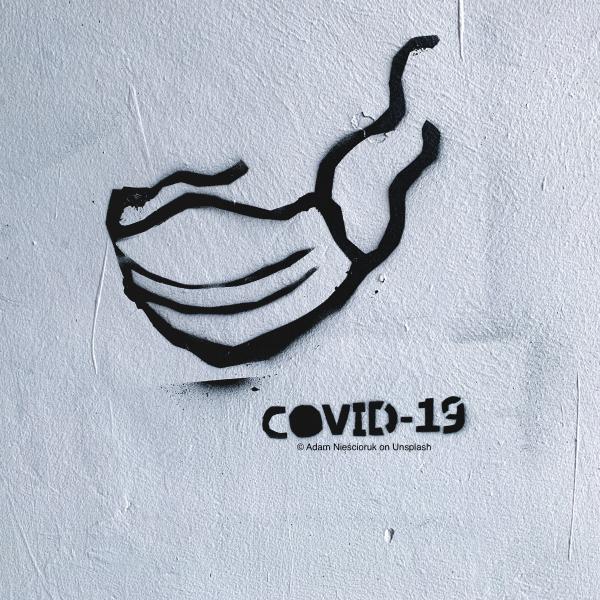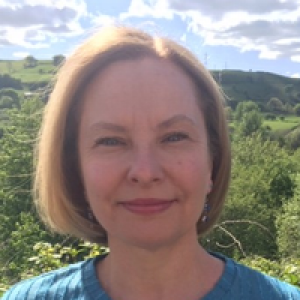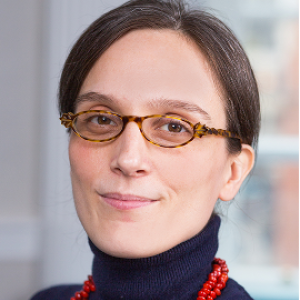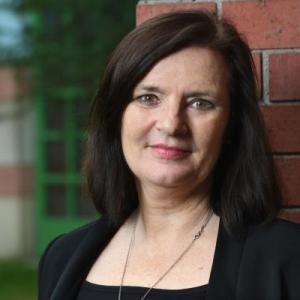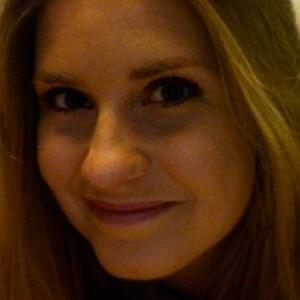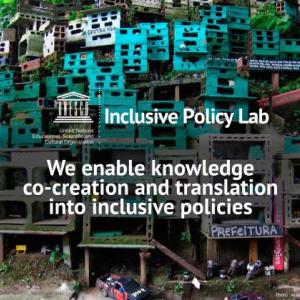Short description:
I am a sociologist interested in the transformations of healthcare, particularly through the introduction of new health technologies or extending existing technologies to new patient groups. I conduct qualitative, quantitative and mixed methods research. My research has looked at the social and ethical issues around genomic medicine (including genetic testing and screening and genome editing), synthetic biology (including cultured blood and induced pluripotent stem cell therapy), and (pandemic and seasonal) influenza vaccines and HPV vaccines.
Short description:
Valentina Iemmi is Lecturer (Assistant Professor) at King's College London with 17 years of research and 7 years of teaching experience in global health policy. She has advised/consulted for numerous national and international organisations, including WHO, UK Foreign, Commonwealth & Development Office, and Global Innovation Fund. She holds a PhD in Social Policy from London School of Economics and Political Science (LSE), a MSc in Health Policy from London School of Hygiene and Tropical Medicine & LSE, and the title of Clinical Psychologist from the University of Paris (France).
Short description:
Dr Camelia Dewan is an environmental anthropologist focusing on the anthropology of development, particularly the political production of knowledge and expertise. She is currently a postdoctoral fellow on the Norwegian Research Council-funded project (Dis)Assembling the Life Cycle of Containerships where she will examine the final stage of containerships through shipbreaking.
Bangladesh exhibits one of the largest and competitive shipbreaking industries in the world and her project seeks to deconstruct the current discourses surrounding the shipbreaking and recycling industries where Bangladeshi workers are cast as exploited victims. It will ethnographically explore the everyday lives of workers in the end-cycle of containerships - from those breaking the ships to those employed in re-rolling mills - to gain a greater understanding of how they negotiate opportunities and constraints in a context of structural precarity and un(der)employment. The study will engage with wider discussions of increasingly precarious forms of labour in the current economic system. It will examine how global capitalist interests in shipbreaking interact/co-exist with local modes of economic production and labour (recycling, national steel for construction) and look at the political, economic and social relations embedded in these interactions. This includes identifying the relations, tensions and commonalities between migrant shipbreaking workers, yard owners, re-rolling mills and local residents. Departing from the latest environmental ethnographies on ‘biosocial becomings’ (Ingold and Pálsson 2013), the study also seeks to explore how the precarious livelihoods of residents and labourers are entangled with the environment and the multiple species contained within its waters and soils that may have been affected by shipbreaking (fishing, cultivation, health). Such a holistic perspective looking at both power relations and the interdependence between humans and their lived environment may help bridge the gap between political ecology and multispecies ethnography (see Karlsson, 2018).
Prior to joining SAI, Camelia lectured in Environmental Anthropology and Political Ecology as well as Development studies at Stockholm University. She obtained her PhD in Social Anthropology and Environment from the University of London in 2017. Her doctoral work consisted of intercollegiate and interdisciplinary collaboration between the Department of Geography, Environment and Development Studies (Birkbeck College) and the Department of Social Anthropology (SOAS). Her thesis “Crisis Beyond Climate Change: An ethnography of development interventions, environmental degradation and gendered livelihoods in coastal Bangladesh” was awarded the Royal Anthropological Institute’s Sutasoma award. It demonstrates how a simplified climate change narrative fails to comprehend the multitude of interlinked processes affecting livelihoods in Bangladesh’s coastal zone. It combines archival research with ethnography to create a historically informed conceptualisation of economic development, its environmental impact and how local populations experience such changes. The study deconstructs the notion of Bangladesh as a climate change ‘victim’ and discusses the way in which climate change as a development discourse may ignore processes of anthropogenic environmental degradation and increase vulnerability to climate risk.
Short description:
I am a Professor of Human Development and Social Policy at University College London, Institute of Education (UK) and Research Director of the Department of Social Science which houses the British Cohort Studies. I am a Fellow of the British Academy of Social Sciences (FAcSS) and member of the scientific advisory board for the ‘Growing up in Ireland’ Longitudinal Study; the Swiss Longitudinal Study on ‘Transition from Education to Employment)´(TREE); the German Family Panel PAIRFAM (“Panel Analysis of Intimate Relationships and Family Dynamics”); and 'Growing up in Germany' (AID:A) coordinated by the German Youth Institute (DJI). I am currently President of the Society for Longitudinal and Lifecourse Studies.
My research focuses on the study of risk and resilience, in particular during the transition from dependent childhood to independent adulthood, asking 1) to what extent and how do social conditions, in particular socio-economic adversity, affect individual thinking, feeling and behaviour; 2) to what extent and in what circumstances can individuals succeed against the odds and steer their own life course?; and 3) what can be done to improve the life chances of the most vulnerable? My research is guided by a socio-ecological developmental approach, mapping human development over time and in context using longitudinal data. Several ongoing projects take a cross national perspective to explore the policy contexts that shape variations in development. One example is a recent study on young people’s experiences in the Great Recession, which involved collaboration with colleagues in the UK, Germany and the US, including John Bynner, Walter Heinz and Glen Elder, resulting in a co-edited book on ' Young People’s Development and the Great Recession: Uncertain Transitions and Precarious Futures' (2017) published by Cambridge University Press. Other publications, in addition to over 100 peer reviewed journal articles, include a monograph on 'Risk and Resilience' (2006), co-edited books on 'Transitions from School to Work: Globalisation, Individualisation, and Patterns of Diversity (2009) with Rainer K. Silbereisen, and ' Gender differences in aspirations and attainment: A longitudinal perspective' (2014) with Jacquelynne Eccles, all published by Cambridge University Press, and a book on 'Pathways to Adulthood: Educational Opportunities, Individual Motivation and Attainment in Times of Social Change' (2017) with Rainer K. Silbereisen.
Short description:
I am currently the Editor of the Global Social Policy Digest, and my policy work is focused at the intersection of universal health coverage and social protection in the context of the 2030 Agenda. Most recently, I have worked as a consultant and advisor for the World Health Organization Regional Office for Europe. I am also a visiting scholar at the University of Kansas in the US and a postdoctoral researcher at the University of Bremen in Germany, where I examine histories and colonial legacies of social protection in Africa. Previously, I completed my DPhil at the University of Oxford on the history of development assistance and social protection in hegemonic powers, and I also completed a fellowship in global social protection at Harvard University.
Short description:
Mutsuhisa is working in both practice and the philosophy of public policy and governance. He is conducting a series of research on "social software" ―computational/mathematical/behavioural studies of institutions for the design, as well as the installation, maintenance, and update―particularly in the areas of public, social and humanitarian affairs.
Short description:
Priya is a Public Health Professional, with first-hand experience of working on policies at various levels. Currently, focused on implementing Sustainable Development in health (goal 3) towards ensuring effective Policy-making, planning and implementing Comprehensive Primary Health Care (CPHC) under Universal Health Coverage.

